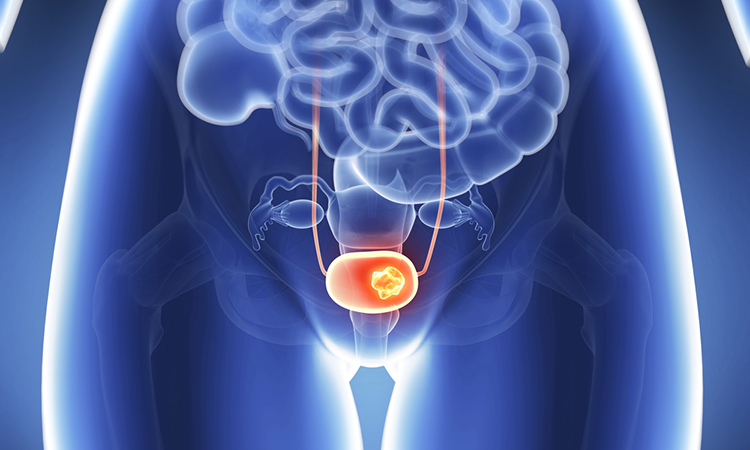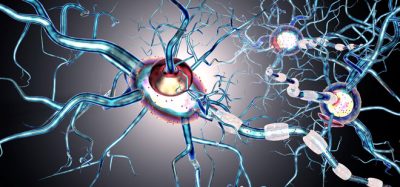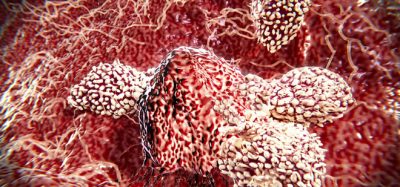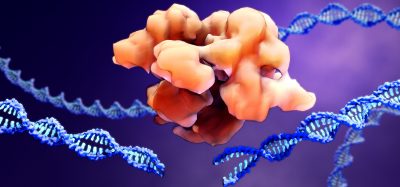Urine gene test has potential to predict bladder cancer earlier than ever
Posted: 16 March 2023 | Izzy Wood (Drug Target Review) | No comments yet
New urine gene test presented at EAU identified mutations across 10 genes, that were able to predict bladder cancer.

As presented at the European Association of Urology (EAU) annual Congress in Milan, researchers from France, Iran and the United States, identified mutations across ten genes that were able to predict the most common type of bladder cancer up to 12 years in advance of diagnosis.
The findings were presented on the 10th March 2023 at the EAU annual Congress.
Lead researcher Dr Florence Le Calvez-Kelm, from the International Agency for Research on Cancer (IARC), said: “Diagnosis of bladder cancer relies on expensive and invasive procedures such as cystoscopy, which involves inserting a camera into the bladder. Having a simpler urine test that could accurately diagnose and even predict the likelihood of cancer years in advance could help to spot more cancers at an early stage.”
The study was based on the UroAmp test, a general urine test that identifies mutations in 60 genes, developed by Convergent Genomics. The new research narrowed the new test down to focus on mutations within just ten genes.
The potential new test was trialled using samples from the Golestan Cohort Study, which has tracked the health of more than 50,000 participants over ten years, all of whom provided urine samples at recruitment. Forty people within the study developed bladder cancer during that decade, and the team were able to test urine samples from twenty-nine of them, along with samples from 98 other similar participants as controls.
The test was also trialled with colleagues from Massachusetts General Hospital and Ohio State University using samples from 70 bladder cancer patients and 96 controls, taken prior to a cystoscopy. In contrast with the Golestan study, some of these samples were provided by cancer patients on the day they were diagnosed, rather than many years before.
Mutations were found in urine samples from 50 of the 70 patients whose tumours were visible during the cystoscopy. Some of these were new diagnoses and others involved a cancer recurring. Mutations were not found in 90 of the 96 patients with a negative cystoscopy.
Dr Le Calvez-Kelm believes these results demonstrate the potential of a genetic urine test for early detection of bladder cancer. She added: “We have clearly identified which are the most important acquired genetic mutations that can significantly increase the risk of cancer developing within ten years. Our results were consistent across two very different groups – those with known risk factors undergoing cystoscopy and individuals who were assumed to be healthy.
“This kind of test could also be used when patients come to their doctors with blood in the urine, to help reduce unnecessary cystoscopies. If we can identify bladder cancer early on, before the disease has advanced, then we can save more lives.”
Dr Joost Boormans, a member of the EAU Scientific Congress Office and a urologist at the Erasmus University Medical Centre Rotterdam, said: “Research of this nature is very encouraging as it shows that our ability to identify molecular alterations in liquid biopsies such as urine that might indicate cancer is constantly improving.
Related topics
Gene Testing, Genetic Analysis, Targets
Related conditions
Bladder cancer
Related organisations
Erasmus University Medical Centre Rotterdam, European Association of Urology (EAU) annual Congress, International Agency for Research on Cancer (IARC), Massachusetts General Hospital, Ohio State University
Related people
Dr Florence Le Calvez-Kelm, Dr Joost Boorman







